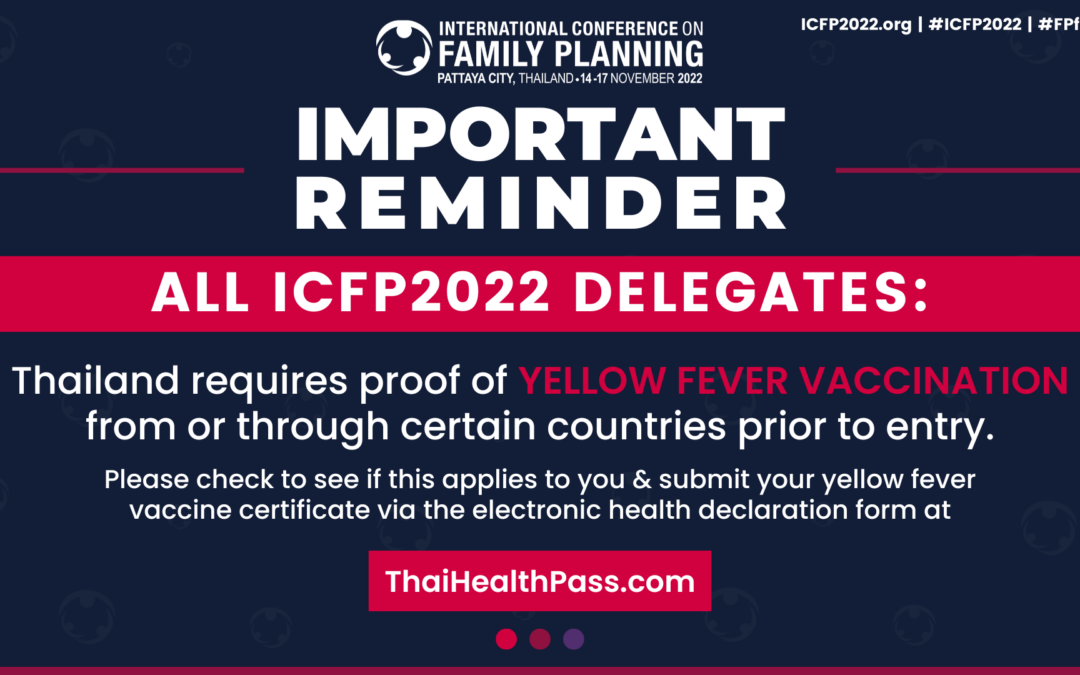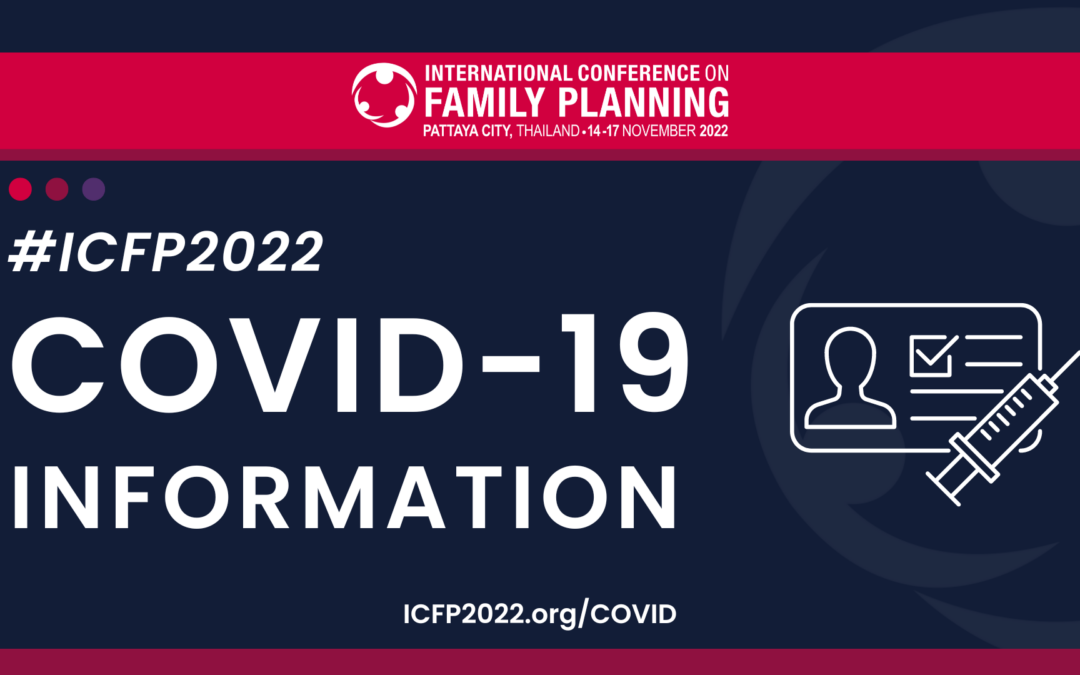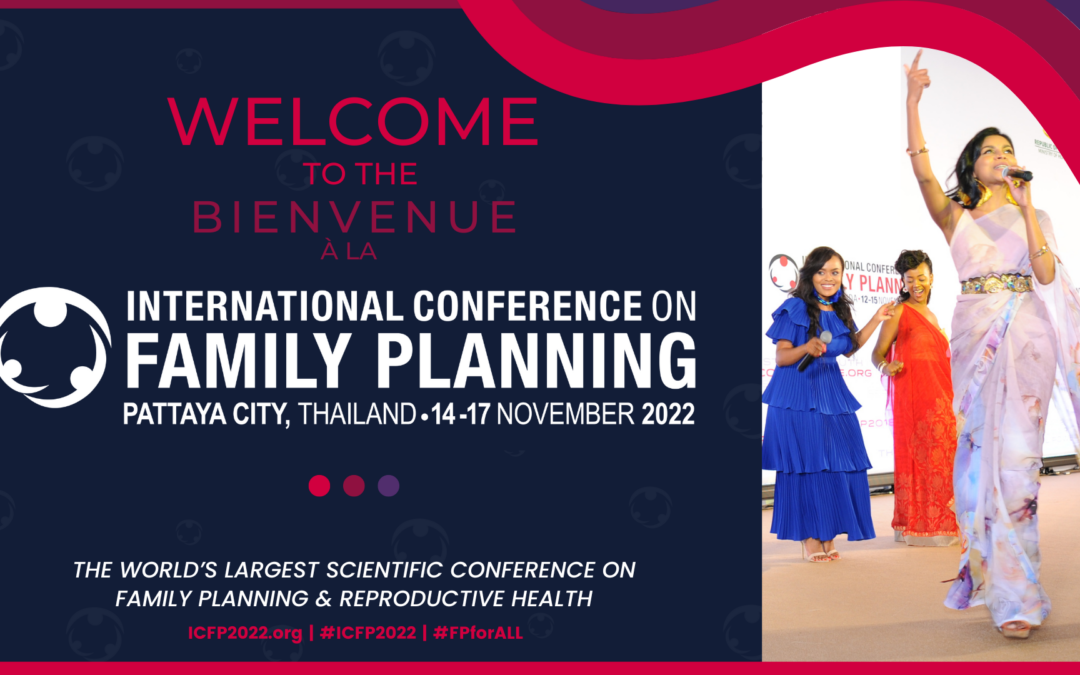Written by CARE
This article originally appeared on Girls’ Globe. Reposted with permission.
This is the second blog in a 4-part series sharing personal family planning stories from around the world – presented by CARE and Girls’ Globe in the lead up to the 2018 International Conference on Family Planning. Catch up on the whole series with stories from Hawa, Oun Srey Leak, and Olive.
When it comes to family planning, women in India (and in the rest of the world) are expected to do the work. This reality is consistent across the various methods of contraception, but the disparity between the sexes is especially obvious when it comes to permanent contraception, or sterilization. For each man who opted for a vasectomy between 2016-2017 in India, 52 women got tubectomies.
The 1:52 ratio is striking, especially when you consider that vasectomies are cheaper, less invasive, carry a lower risk of infection, and have a quicker healing time than the female equivalent.
In recent decades, the procedure has been improved with the advent of the no-scalpel vasectomy (NSV), which boasts an even quicker healing time and lower risk of infection.
For couples who do not want to have any (or any more) children, the NSV can be a great option, and one frontline health worker in India has made it her personal mission to increase uptake in her community.

This is Parmila Devi with her husband, Bigan Sahni.
Parmila is an ASHA (Accredited Social Health Activist) in Bihar, one of the most populous states in India. She learned about NSVs as part of the ASHA family planning training, and she immediately decided it was the best option for her family.
“Why should women have all the responsibility for family planning?” she wondered.
“The first thing I did after becoming an ASHA worker was to convince my husband to undergo a vasectomy,” said Parmila. Bigan “thought she had lost her senses” at first, but eventually came around to the idea.
The procedure was a success, and Parmila began to tell her clients about her husband’s experience. She attempted to address concerns and correct myths and misconceptions prevalent in the community.
“Some men think [a vasectomy] would affect their sex drive or their ability to enjoy sex. Some also feel it would make them physically weak, which is not the case,” one state health official explained. Many women shared the same fears for their husbands.
ASHAs typically work most closely with women and children, but because Parmila wanted men in her community to understand the benefits of NSV, she talked to them as well.
“‘Ab ee mardo ken a chori!’ (She will not even leave the men alone!) the people in the households I visited in the early days would say.”
Bigan supports his wife’s efforts, and occasionally they make house calls together and he counsels the husband while Parmila talks to the wife. Gradually, people in her community have become more accepting of NSV as a viable method of permanent contraception.
Parmila received an award from the health minister of Bihar, Mangal Pandi, for motivating 43 men to get NSVs in 2017. Her goal for 2018 is to increase that number to 100, and so far, she’s over halfway there.
Given the volume of accurate information and quality family planning methods available now to individuals, we should be working to ensure this information and these services reach women and men.
There is no reason women should have to bear all of the burden for family planning and contraception in this day and age. Fortunately, there are activists like Parmila in this world to remind us of that, and to push us to be better.
Learn more about CARE’s work in Bihar here.
This case study was collected by Guarav Masih, MPH candidate at Indian Institute of Public Health – Gandhinagar





